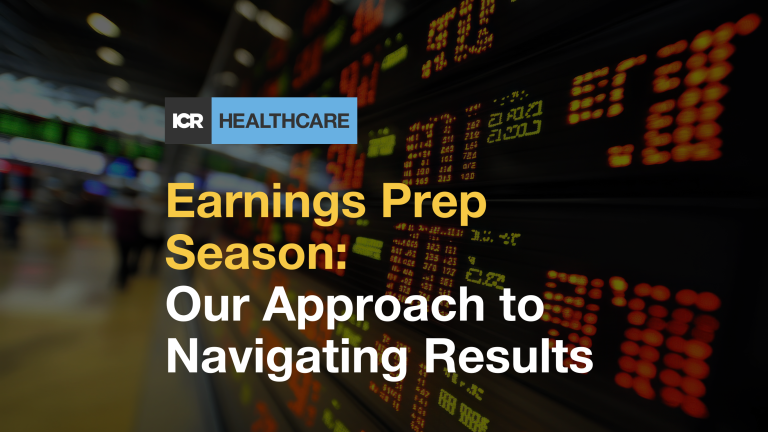On August 12, I joined CorpGov Editor-in-Chief John Jannarone for a fireside chat at Nasdaq to discuss what I see as a new era in corporate governance.
What I emphasized that day is something boards can’t afford to ignore: governance is no longer a back-office function. It’s a frontline asset.
The turning point this year was the SEC’s reinterpretation of 13D/13G guidance in February. The effect was immediate. Some institutions even paused engagement entirely — Vanguard and BlackRock both reviewed their practices before resuming more limited dialogue. That retreat has shifted more influence toward proxy advisors, who increasingly set the baseline for governance expectations. We’re not just in a regulatory shift or a market cycle. We’re in a redefinition stage of heightened importance to governance norms.
Activists, meanwhile, have gone back to basics. They’re focusing less on ESG-heavy themes and more on governance levers like board accountability, shareholder rights, and performance oversight. According to Diligent Market Intelligence’s Proxy Season Review 2025, governance-related demands in the U.S. climbed to 226 in the first half of 2025 (up from 193 in the same period in 2024). Withhold campaigns rose by 43 percent to 33 cases. More than 90 percent of U.S. board seats activists gained came through settlements, the highest share in five years.
The lesson for companies is clear: silence and speed are now the biggest risks. By silence, I mean waiting too long to engage — boards that hold back until an activist appears or an issue escalates lose the chance to shape their own narrative. By speed, I mean rushing governance changes or IPO preparation in a compressed timeframe, often the final 90 days, when real preparation takes 18 to 24 months. That’s when weak provisions or entrenched structures slip through, and proxy advisors issue negative recommendations on day one. Investors notice. Valuations suffer.
Investor behavior is fragmenting. Large institutions are splitting stewardship between active and indexed strategies, while voting-choice programs are expanding. Vanguard nearly tripled eligible investors in 2024, and State Street broadened its framework in 2025. The result is the breakdown of the old one-size-fits-all model. Outcomes are harder to predict, which makes precision essential.
This is exactly where ICR adds value for our clients. In a landscape that is more fragmented, more risk-sensitive, and less revealing, the real advantage lies in translating company narratives into what is truly material for each investor. Having been on the other side, in the room with asset managers asking the hard questions, I know what breaks through.
Looking ahead, I see four powerful currents converging:
- Activists returning for second-wave campaigns when earlier settlements didn’t deliver
- New tactics under Universal Proxy, including partial-slate nominations and withhold campaigns
- The rise of custom voting frameworks, reshaping how investors make decisions
- Growing expectations that boards disclose oversight of AI-related risks and ethics
We’re not just in a moment of temporary turbulence. We’re in a redefinition stage where governance norms carry heightened importance and greater scrutiny. The companies that treat it that way are going to be the ones best positioned to weather this market.
If your organization is ready to discuss moving governance to the front line, ICR’s Governance & Shareholder Advisory team can help. Get in touch.



